Newsroom
Explore our latest press releases.
-
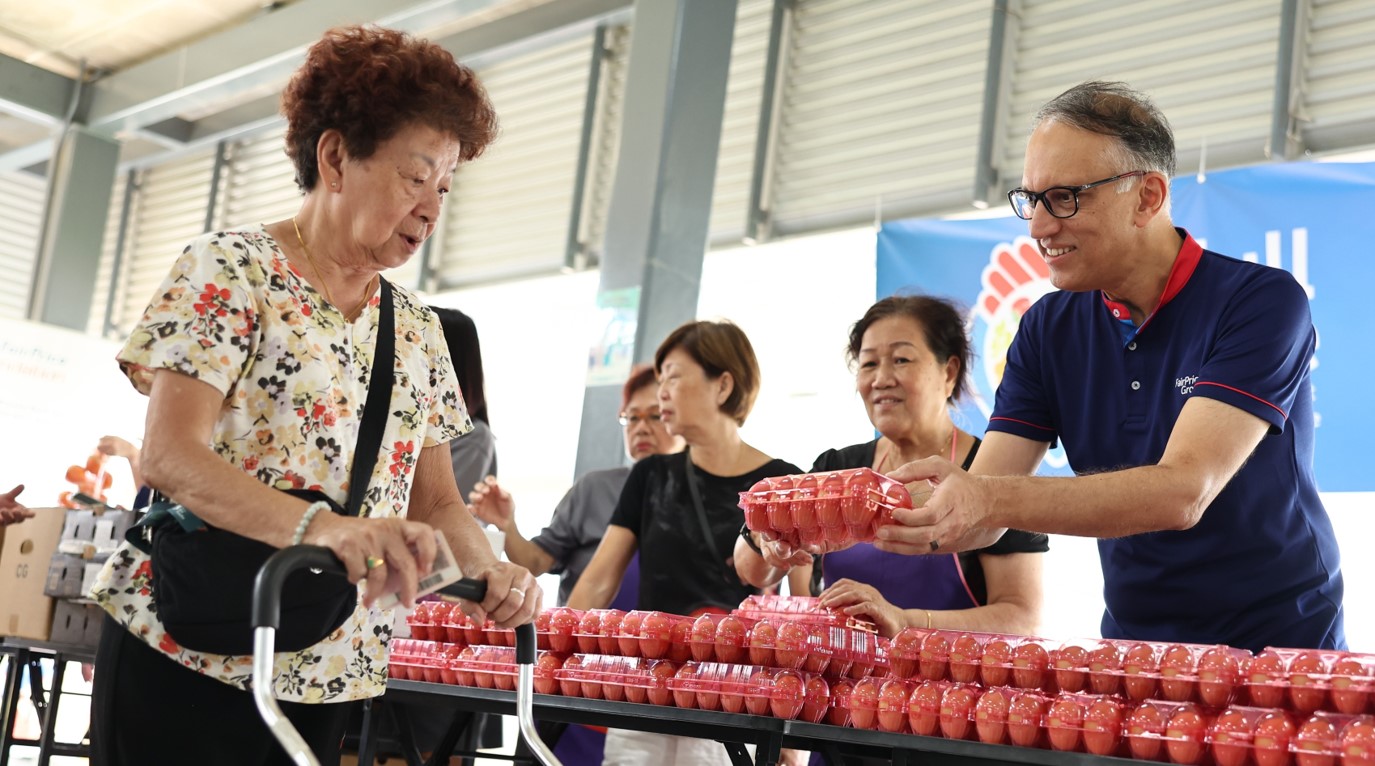
FairPrice Foundation launches Protein Pledge: S$1 million commitment of fresh protein for Singapore’s nutritionally vulnerable
-
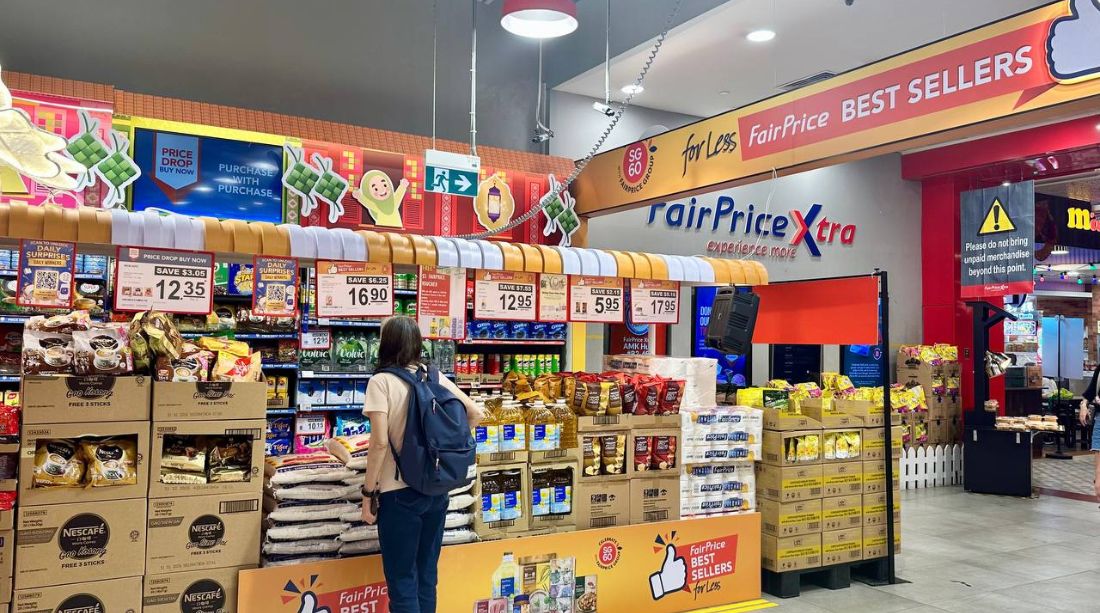
FairPrice Group gives Singaporeans 60 reasons to celebrate SG60 with deals on most-loved housebrand products
-
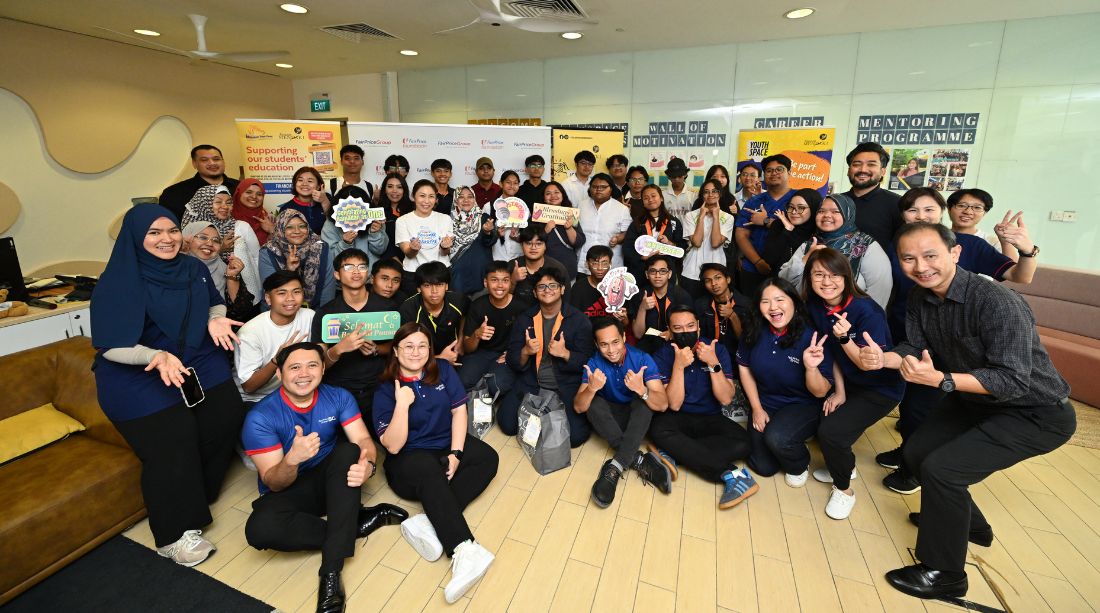
FairPrice Group commemorates Ramadan with distribution of care packs to over 1,300 Yayasan MENDAKI beneficiaries
-
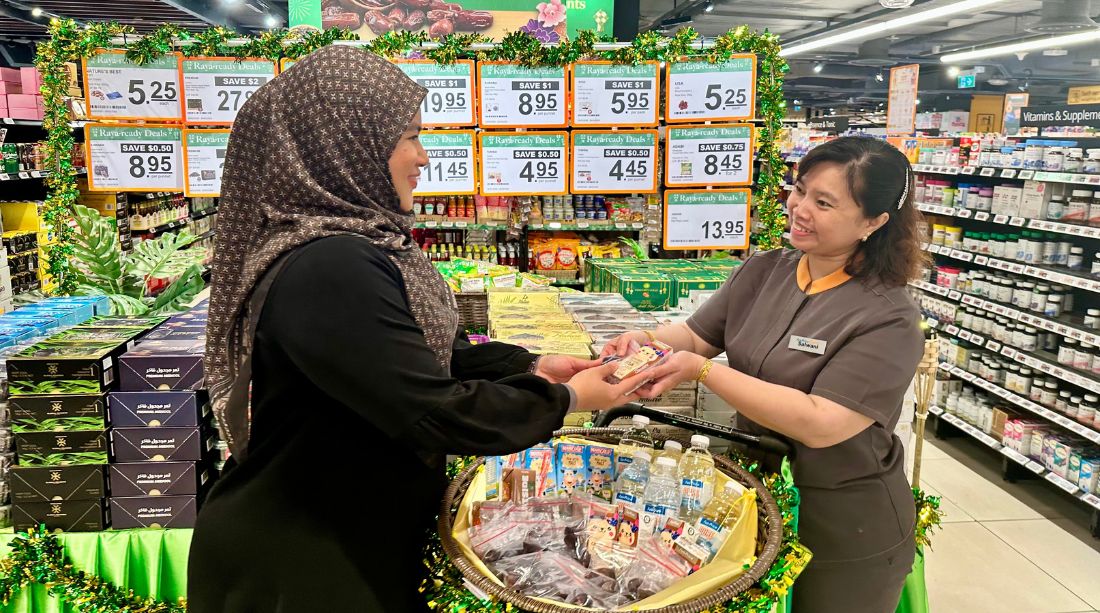
FairPrice Group marks the start of Ramadan by committing to distribute 75,000 complimentary Buka Puasa refreshment sets over four weeks
-
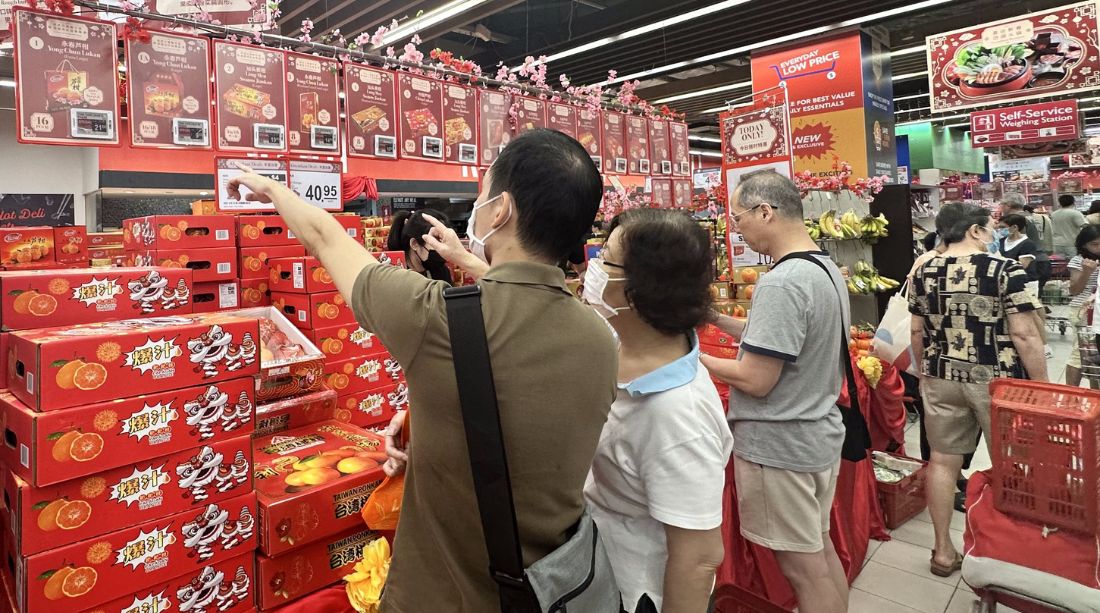
FairPrice Group announces second wave of Return Vouchers for 2025 as Singaporeans step up last minute CNY shopping
-
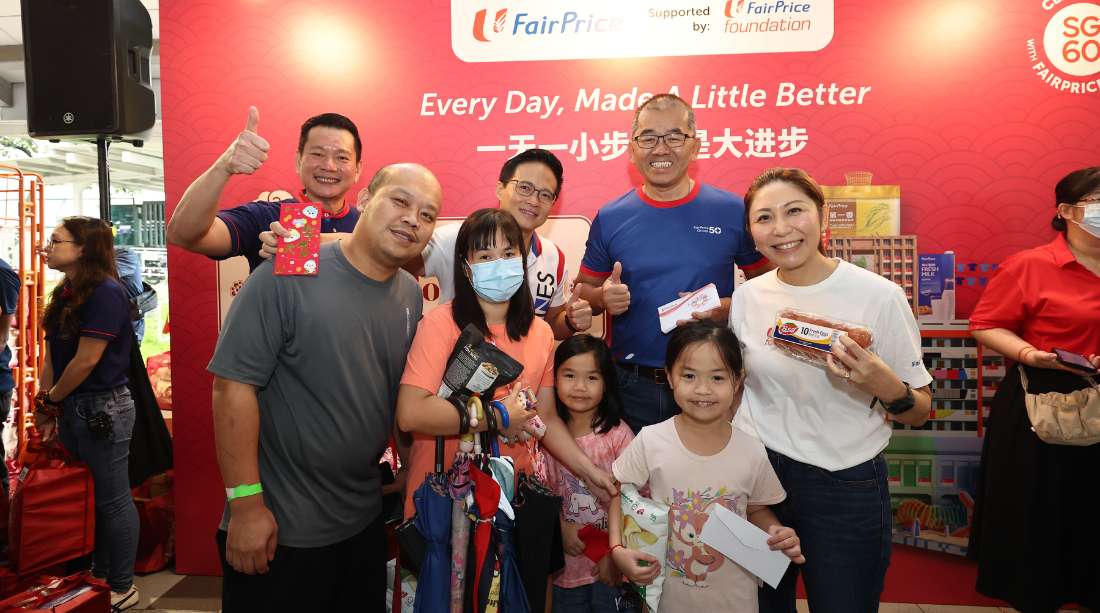
Eggs-tra CNY Treat: FairPrice Group gives back to the community at Chinese New Year block parties
-
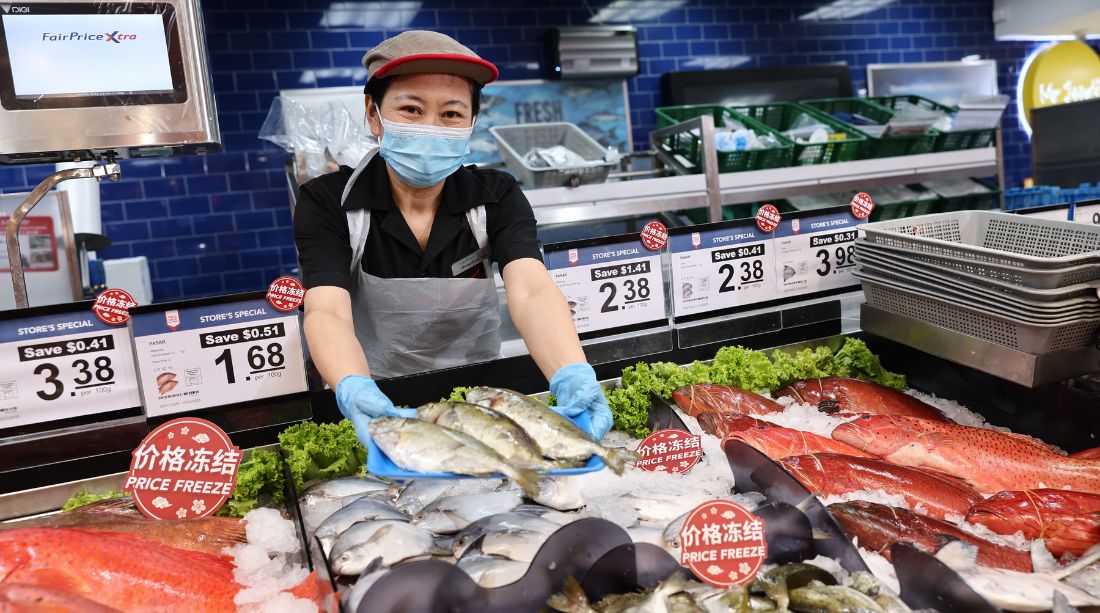
FairPrice Group keeps festive essentials within reach with price freeze and discounts on popular Chinese New Year produce
-
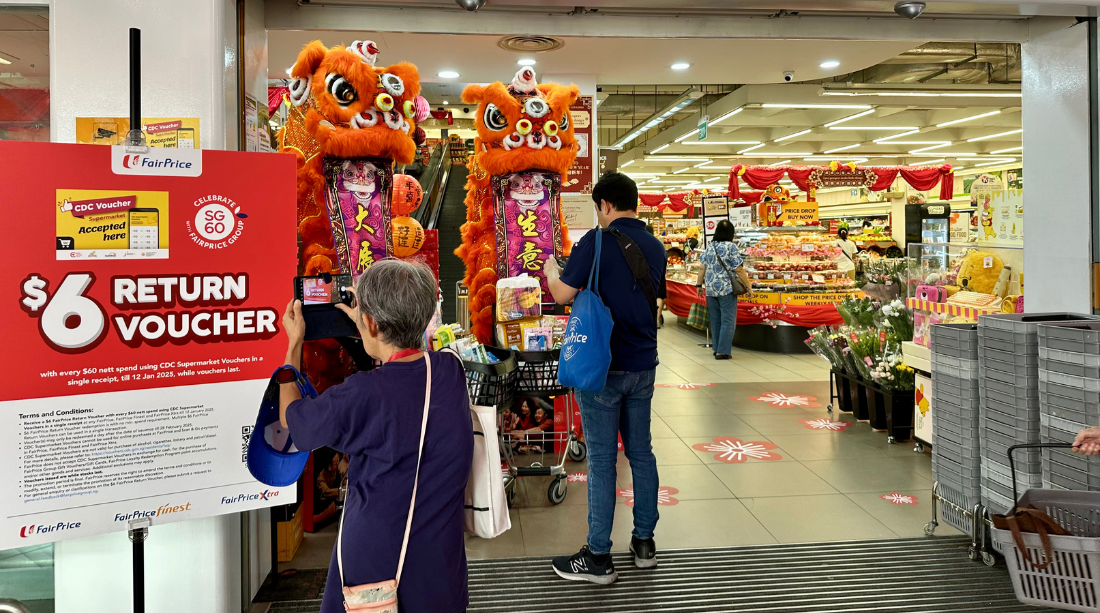
FairPrice Group announces $6 Return Vouchers for CDC Vouchers Scheme to supplement government’s support package
-
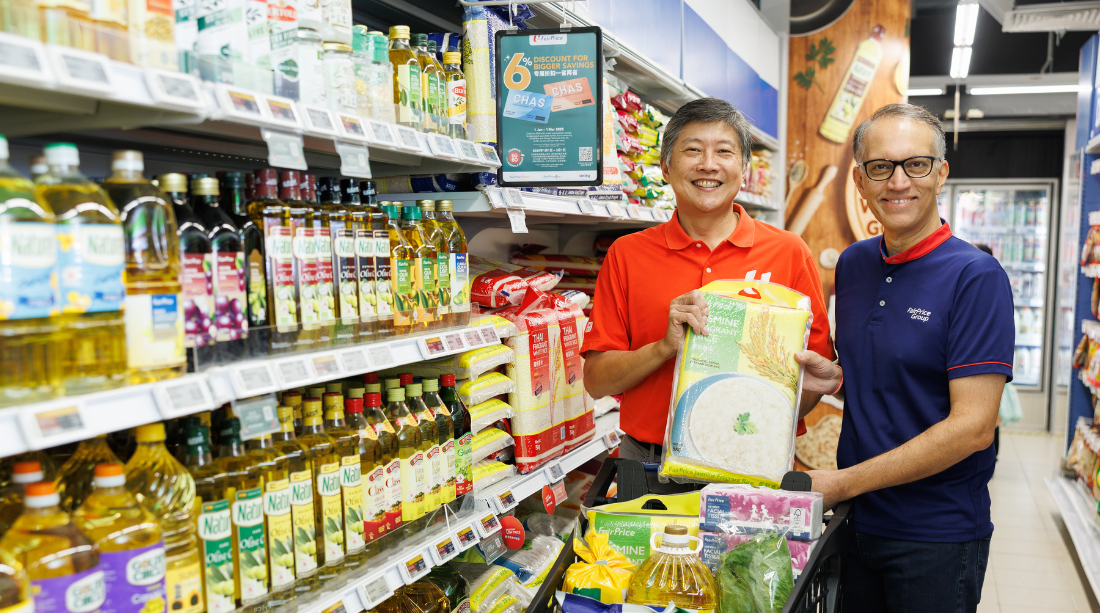
FairPrice Group kicks off SG60 celebrations by helping all in Singapore stretch their grocery budget – doubles discounts for CHAS Blue and Orange card holders on Thursdays and Fridays